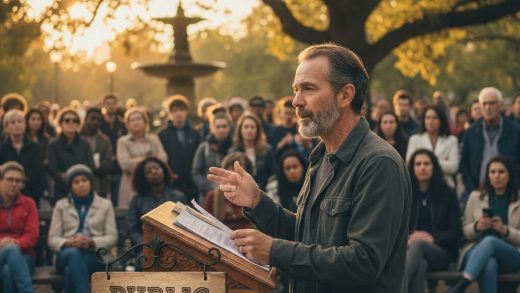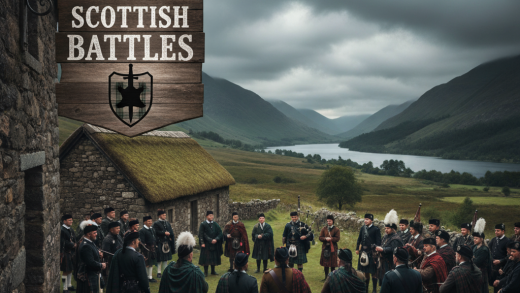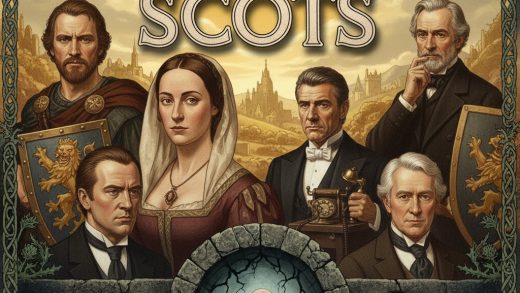
Joseph Joseph Knight (c. 1750 – after 1778) was a pivotal figure in Scottish legal history, whose case, Knight v. Wedderburn (1778), effectively led to the legal abolition of slavery in Scotland. While not famous in the traditional sense of a public figure, his fight for freedom had immense and lasting significance.
Key Facts and Significance of Joseph Knight
- Background as an Enslaved Person: Joseph Knight was born in Africa around 1750 and was enslaved as a young boy. He was purchased in Jamaica by John Wedderburn of Ballendean, a Scottish planter who owned plantations in the Caribbean.
- Brought to Scotland: Wedderburn brought Knight back to his estate in Perthshire, Scotland, to serve as his personal servant. It’s important to note that while Knight was a “slave” in Jamaica, his status in Scotland was ambiguous. There had been no specific legislation either sanctioning or abolishing slavery in Scotland.
- Desire for Freedom: After some years in Scotland, Knight married a free servant in the area and sought his wages and freedom from Wedderburn. Wedderburn refused, claiming Knight was his property for life.
- The Legal Battle: Knight v. Wedderburn (1778):
- Knight, with the support of abolitionist sympathizers, brought a case before the Sheriff Court of Perth, arguing for his freedom.
- The case eventually made its way to Scotland’s highest civil court, the Court of Session.
- Arguments: Knight’s lawyers argued that slavery was contrary to the natural rights of man and incompatible with Scots law, which had no legal basis for upholding the institution. Wedderburn’s lawyers argued that Knight was his property and had willingly entered service in Scotland.
- The Ruling (January 15, 1778): The Court of Session ruled decisively in favour of Joseph Knight, by a vote of eight to one. The judges declared that “the state of slavery is not recognised by the laws of this kingdom, and is, in the present case, inconsistent with the principles of the law of Scotland.”
- Impact and Legacy:
- De Facto Abolition of Slavery in Scotland: While the ruling applied specifically to Knight, its broad declaration effectively meant that anyone brought to Scotland could not be held as a slave. It established a precedent that slavery had no legal basis in Scottish common law.
- Precursor to English Abolition: This case predated the more famous English case of Somersett’s Case (1772), which similarly ruled that slavery was not supported by English common law, though the full implications for slavery across the British Empire were still to be worked out. The Scottish ruling was arguably even more explicit in its condemnation of the state of slavery itself.
- Symbol of Freedom: Joseph Knight became a symbol of the struggle for freedom and an important, if often overlooked, figure in the history of the British abolitionist movement. His courage in pursuing his case paved the way for others seeking freedom in Scotland.
The precise details of Knight’s life after the ruling are not well documented, but his legal victory had a profound and lasting impact on the history of Scotland and its relationship with slavery. was born in Africa, captured and enslaved in his youth and sent to the Caribbean, but he ended his life in Scotland, a free man.
Although records are unclear, Knight believed that his country of birth was Guinea. What is known, however, is that he was transported from Africa to Jamaica, between the ages of around eight and twelve years old. Then, in the slave market in Jamaica, he was bought by a Scot, John Wedderburn the 6th Baronet of Blackness, to be a slave on his sugar plantation.
Perhaps unusually, Wedderburn trained Knight as a household slave, and did not have him working in the plantation fields. During his time with Wedderburn in Jamaica, Knight became literate and was a valuable member of the Wedderburn household.
Wedderburn had originally travelled to Jamaica to seek his fortune because his family lands had been stripped from them after the battle of Culloden. His father, also John Wedderburn, the 5th Baronet of Blackness, had been a staunch Jacobite who had fought for Bonnie Prince Charlie at the Battle of Culloden in 1745. He somehow survived the massacre, only to be captured and subsequently executed.
Discover more from WILLIAMS WRITINGS
Subscribe to get the latest posts sent to your email.




